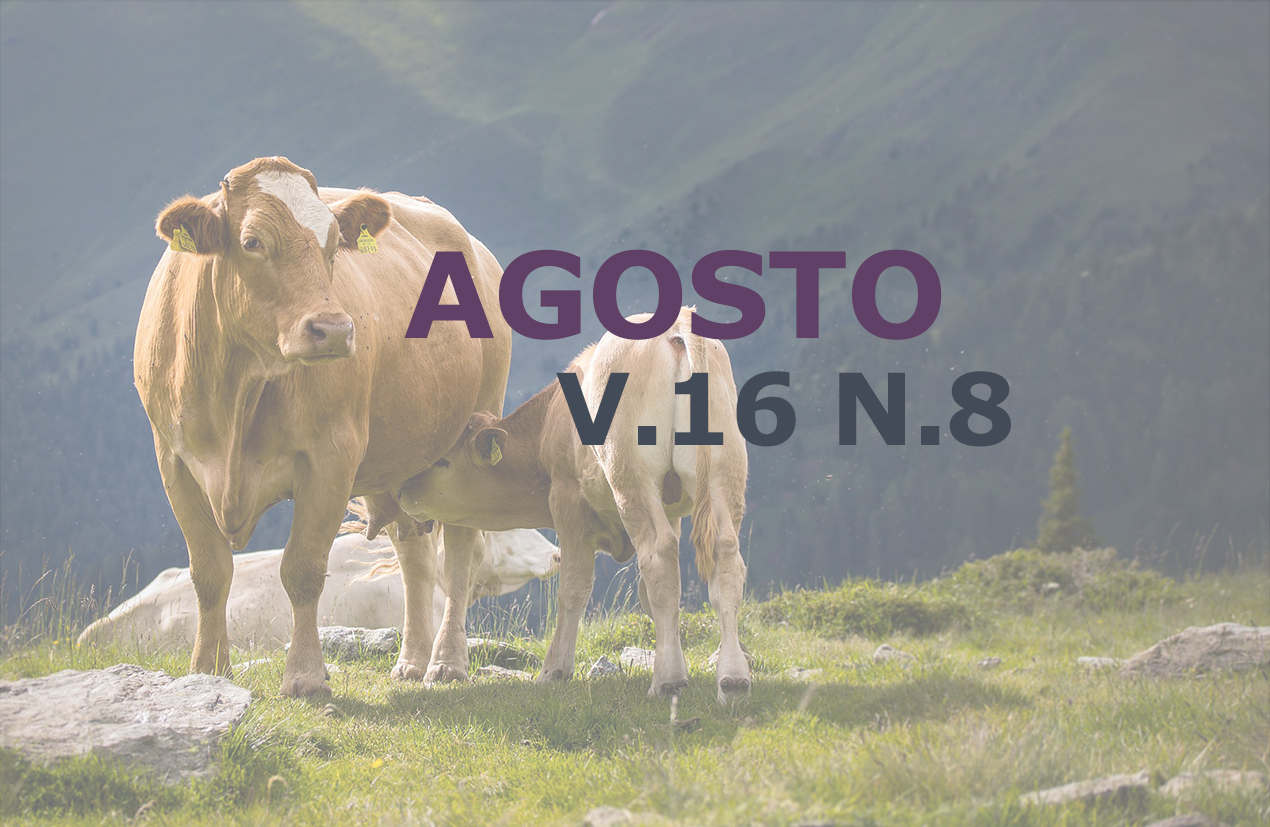Profile of the nutritional management of dogs domiciled in the city of Rio de Janeiro and Baixada Fluminense
DOI:
https://doi.org/10.31533/pubvet.v16n08a1187.1-8Keywords:
Food, dogs, nutritional management, nutritionAbstract
This study aimed to obtain information related to the nutritional management profile of dogs domiciled in the city of Rio de Janeiro and Baixada Fluminense. The quality of food is important for nutrition; however, the level of knowledge, habits and routine of the legal guardians directly influence the diet of their dogs. An anonymous questionnaire was carried out through a digital platform and social networks, consisting of 19 objective questions, and answered by 203 guardians of dogs residing in the city of Rio de Janeiro and Baixada Fluminense. Most participants (50.7%) indicated that their dogs had a normal body score (score 3), declared the offer of commercial food (90.1%), bought in closed packages (91.1%), providing the amount of food recommended for their dog (65.0%). Declared to know the difference in the classifications of commercial rations (71.9%), in addition to indicating that the quality of the food exerts the greatest influence on their choice (89.1 %). As for the daily frequency of feeding, they declared offering a meal twice a day (57.1%). Most (94.1%) said they offered some kind of snack or food in addition to the meal, among pet snacks (43.3%), natural foods (32.0%) and any food (18.7%). All interviewees declare that they leave water on demand for their dogs. 72.4% of the participants stated that they seek information about good feeding practices for their dog with veterinary medical professionals. All analyzes performed showed a difference (P < 0.01) for the chi-square test. It was concluded that most of the public offers commercial food for their dogs, in closed packaging, observing the quality of the food as the main factor of choice. Declared to seek information related to good feeding practices for their dog with veterinarians, in addition to knowing the classifications of commercial rations present on the market. Most of the interviewees classify their dogs as having a normal score and claim to offer food twice a day, following the recommendation of the amount of food to be offered according to the animal's need. Reported to offering treats to their dogs, most of which are pet treats. All reported offering water on demand to their dogs.
Downloads
Published
Issue
Section
License
Copyright (c) 2022 Paula Mendonça Santos Cardoso, Fabiana Batalha Knackfuss, Márcia Torres Ramos

This work is licensed under a Creative Commons Attribution 4.0 International License.
Você tem o direito de:
Compartilhar — copiar e redistribuir o material em qualquer suporte ou formato
Adaptar — remixar, transformar, e criar a partir do material para qualquer fim, mesmo que comercial.
O licenciante não pode revogar estes direitos desde que você respeite os termos da licença. De acordo com os termos seguintes:
Atribuição
— Você deve dar o crédito apropriado, prover um link para a licença e indicar se mudanças foram feitas. Você deve fazê-lo em qualquer circunstância razoável, mas de nenhuma maneira que sugira que o licenciante apoia você ou o seu uso. Sem restrições adicionais
— Você não pode aplicar termos jurídicos ou medidas de caráter tecnológico que restrinjam legalmente outros de fazerem algo que a licença permita.





